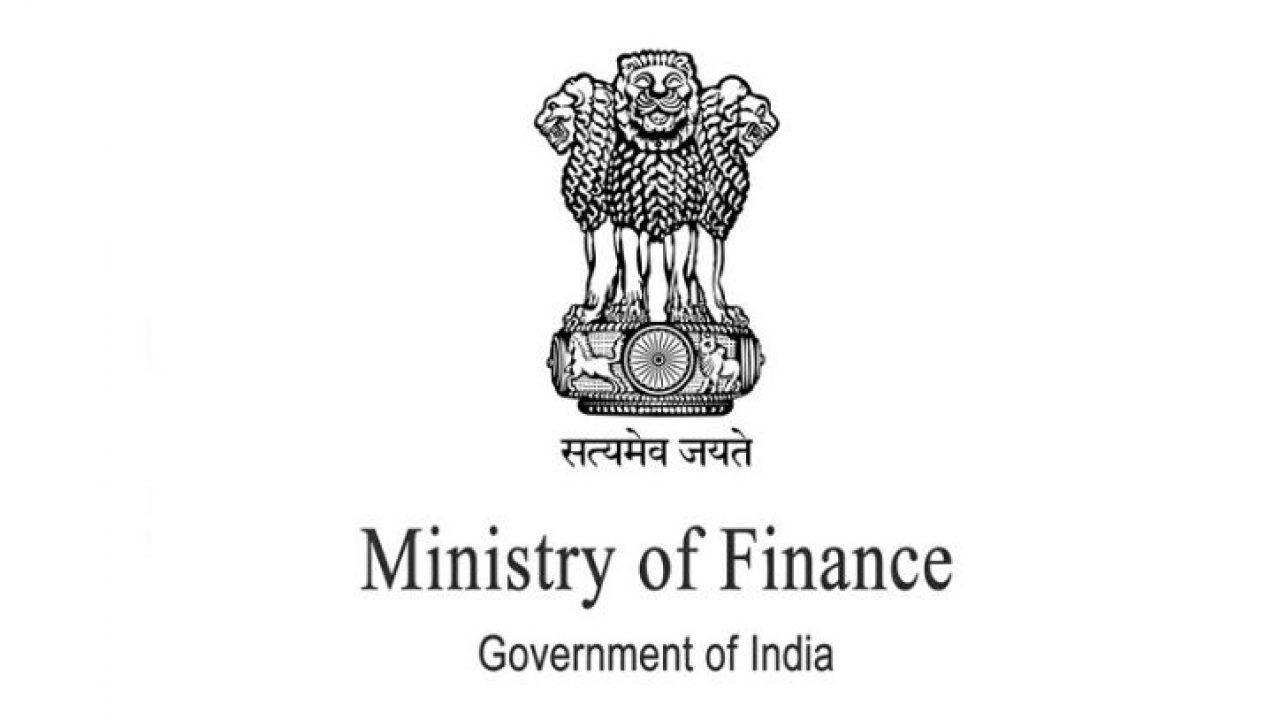India–US Trade Tensions Rise Over Steel and Auto Tariffs NMDC Limited reports a 38% drop in Q4 FY24 consolidated net profit RINL to Raise $23 Million Through Land Sales Amid Crisis

A few days before the interim Budget for 2024-25 is inicated by Finance Minister Nirmala Sitharaman, the finance ministry mentioned on January 29 that the Indian economy may clock a GDP growth rate of close to 7% next year.
"The strength of the domestic demand has driven the economy to a 7% plus growth rate in the last three years," the ministry said in a report titled 'The Indian Economy: A Review', authored by officials from the office of the Chief Economic Adviser V Anantha Nageswaran.
…the robustness seen in domestic demand, namely, private consumption and investment, traces its origin to the reforms and measures implemented by the government over the last ten years. The supply side has also been strengthened with investment in infrastructure – physical and digital – and measures that aim to boost manufacturing. These have combined to provide an impetus to economic activity in the country. Accordingly, in 2024-25, real GDP growth will likely be closer to 7%," the report added.
The report is a departure from the normal as it comes just two days before the Budget session of Parliament begins. While the government does not present an Economic Survey prior to an interim Budget, which is only a vote-on-account ahead of the Lok Sabha elections, that the finance ministry would publish a 'concise' document detailing the state of the Indian economy ahead of the interim Budget's presentation on February 1.
In its report, the finance ministry said: "This is not the Economic Survey of India prepared by the Department of Economic Affairs. That will come before the full budget after the general elections." The Indian economy has been growing faster than anyone anticipated, with the statistics ministry's first advance estimate pegging GDP growth in 2023-24 at 7.3%, 80 basis points higher than the Reserve Bank of India's (RBI) estimate. The Indian central bank has since raised its growth forecast to 7%.
Writing in the report, the finance ministry's officials said there is "considerable scope for the growth rate to rise well above 7% by 2030" on account of the pace with which physical infrastructure is being built, strengthening of balance sheets, improvement in institutional efficiency due to rapidly expanding digital infrastructure, and technological progress picking up pace with increasing overseas collaboration.
Highlighting the economy's 7% plus growth rate between 2014 and 2019 despite an "insipid" global economic backdrop, the finance ministry said it is "eminently possible for the Indian economy to grow in the coming years at a rate above 7%" given the strength of the financial sector and "other recent and future structural reforms".
To be sure, the report said "only the elevated risk of geopolitical conflicts" is a concern. In terms of future reform priorities, it included skilling, learning outcomes, health, energy security, reduction in compliance burden for micro, small, and medium enterprises (MSMEs), and gender balancing in the labour force.
"Furthermore, under a reasonable set of assumptions with respect to the inflation differentials and the exchange rate, India can aspire to become a $7 trillion economy in the next six to seven years (by 2030). This will be a significant milestone in the journey to delivering a quality of life and standard of living that match and exceed the aspirations of the Indian people."
Also Read : Captive, commercial mines set to make coal cheaper for industries: Coal Secretary Govt to sell 7% in NLC India via offer-for-sale, aims to raise ₹2,058 cr